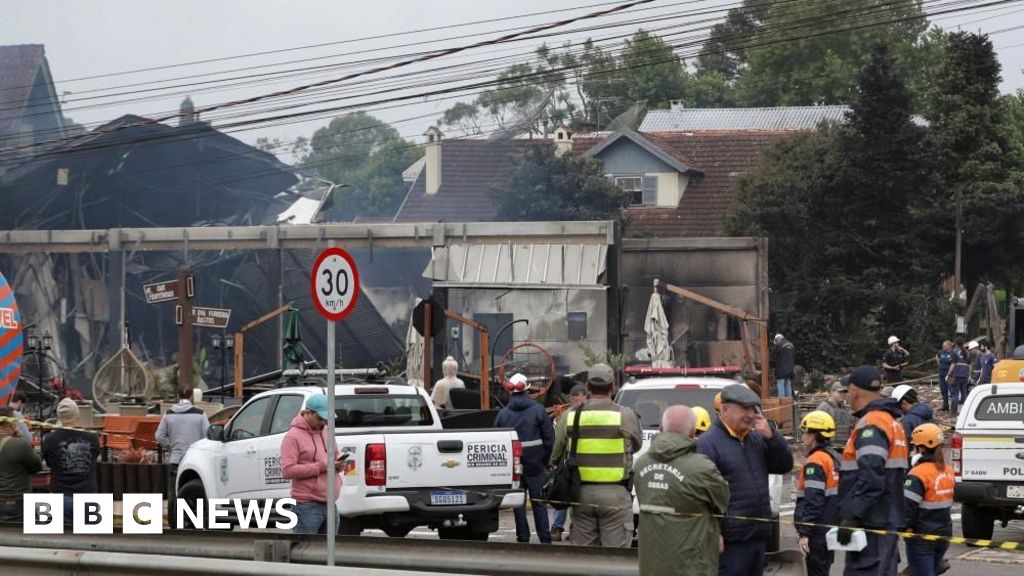A US man, detained for months in a Syrian prison after entering the country on foot, has described being freed by hammer-wielding men as rebels overthrew the regime of Bashar al-Assad.
The man - who later identified himself as Travis Timmerman to the BBC's US news partner CBS - was found by residents near the capital Damascus.
Footage posted on social media showed him lying on a sofa as residents spoke to local reporters.
Mr Timmerman said he had been arrested upon entering the country seven months ago.
He had gone missing in the Hungarian capital Budapest in May, according to the Missouri State Highway Patrol.
On Monday, a day after rebels took control of Damascus and toppled Assad, Mr Timmerman said two men armed with a hammer broke his prison door down.
It was "busted down, it woke me up", he said.
"I thought the guards were still there, so I thought the warfare could have been more active than it ended up being… Once we got out, there was no resistance, there was no real fighting."
The 30-year-old said he left prison with a large group of people and had been attempting to make his way to Jordan.
He said he "had a few moments of fear" when he left the prison, adding that he had since been more worried about finding somewhere to sleep.
However local people had been receptive to his requests for food and assistance, he told reporters.
"They were coming to me, mostly," Mr Timmerman said
Thousands of prisoners have been released since the fall of Assad over the weekend.
Footage has shown men, woman and in some cases children emerging from overcrowded windowless cells, often disorientated and unaware of events that had taken place outside.
The Assad regime was notorious for its extremely harsh prisons, with the UK-based monitoring group Syrian Observatory for Human Rights estimating that almost 60,000 people were tortured and killed in the prisons run by the deposed president.
However, Mr Timmerman appears to have been relatively well-treated, telling CBS: "I'm feeling well. I've been fed and I've been watered, so I'm feeling well."
He added that he had had the use of a mobile phone during his detention and had spoken to his family three weeks ago.
The victorious rebel forces have said they plan to close Assad's prisons and hunt those involved in the killing or torture of detainees.
"We will pursue them in Syria, and we ask countries to hand over those who fled so we can achieve justice," said rebel leader Ahmed al-Sharaa, also known as Abu Mohammed al-Jolani.

 1 week ago
8
1 week ago
8










 English (US) ·
English (US) ·